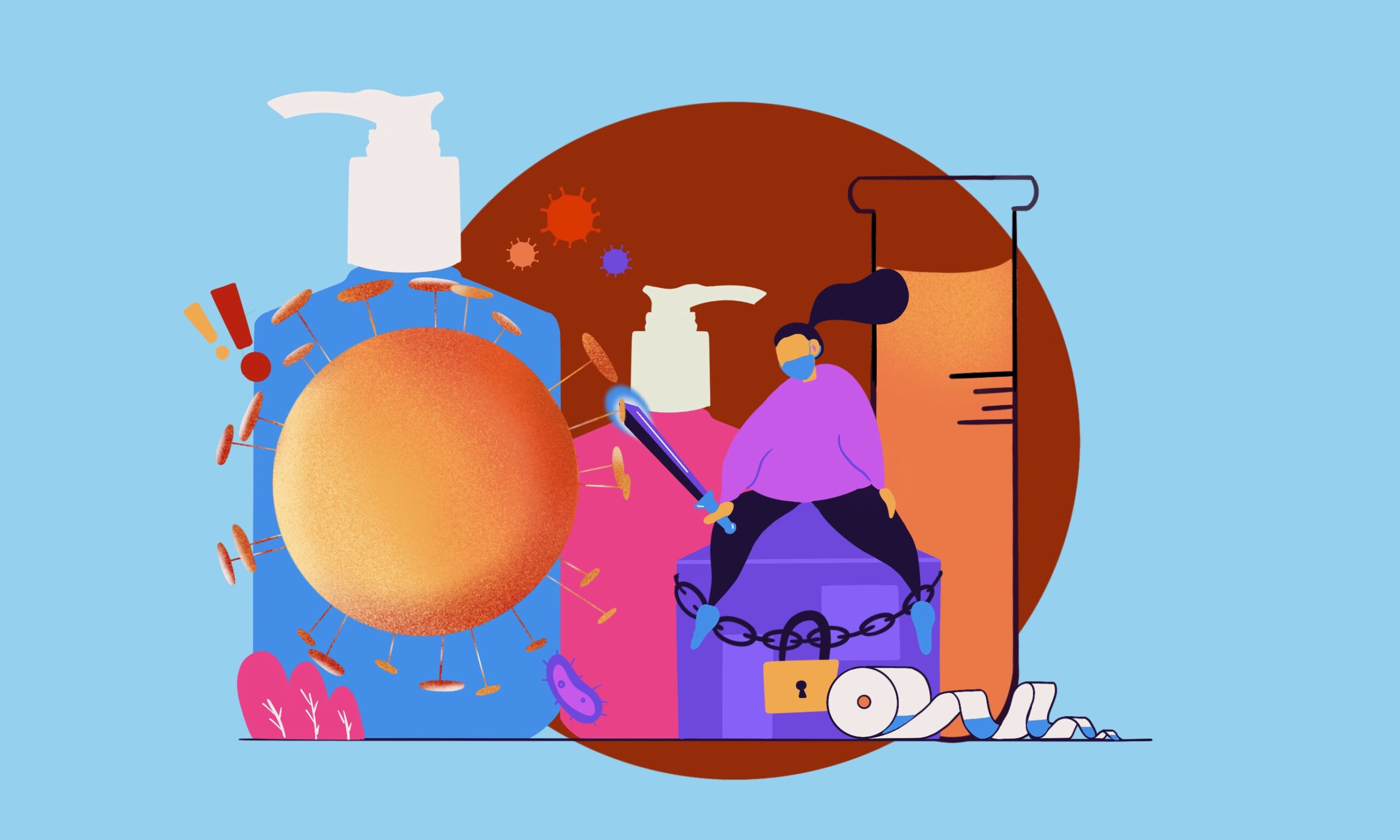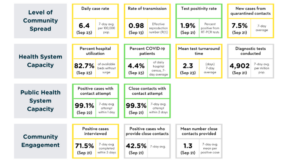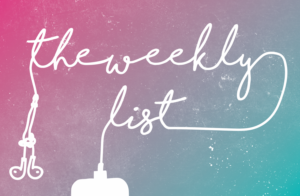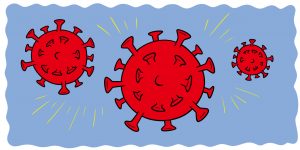Besides the standard textbook, General Chemistry II students have a new item to purchase for class this summer: a hands-on laboratory kit complete with chemicals, gloves, goggles, and other equipment they need to conduct experiments during remote learning.
This kit is one of many tools that university science departments are using to simulate laboratory experience online, along with demonstration videos, computer programs, and the use of previous experimental data. These changes, coming in the face of an all-online summer semester, have left some STEM students concerned about the lack of in-person lab experiences, normally a core element of the Georgetown science curriculum. Though most labs in question still meet learning requirements, professors and students alike have struggled to recreate the hands-on aspects of labs alone in their homes.
Each class has taken a slightly different approach to best meet the learning goals of their labs, according to Diana Glick, teaching professor and director of the Department of Chemistry at Georgetown. First-year chemistry students still meet the original goals of a lab by working virtually in groups and looking at previous datasets to develop their analysis, teamwork, and scientific writing skills. (https://halcyonliving.co.uk) Students in upper-level chemistry courses, where laboratory learning goals are less adaptable online, are focusing on writing review articles and examining scientific literature.
Still, some parts of lab courses cannot be replicated online. “You can tell someone about it. You can expose people to many of the learning goals of a lab,” explained Glick, “but when it’s all said and done, it’s going to be like teaching someone how to do karate only by watching videos. You need to come into contact with someone. You need to spar. You need to feel it and be in that space.”
Many students agree. Compared to her humanities classes, which mostly involved discussions that could be recreated on Zoom, Ceylan Metin (COL ’22) felt her STEM classes by their nature transitioned online less smoothly this spring. To Metin, watching a video wasn’t the same as being in a physical lab. “They’re engaging but not as engaging as doing something with your own hands,” she said.
Other students are concerned about their ability to fulfill course objectives and prepare themselves for future coursework. Kate Toole (SFS ’22) opted not to take a science laboratory course during the summer semester after it was announced courses would be online.
“I was concerned I wouldn’t gain the necessary lab skills,” Toole said. “I felt like I wasn’t learning as much in online courses in general as I was before, and I didn’t think it would prepare me enough for courses in the future.”
Whether online labs are adequate substitutes partially depends on the level of the course. Catherine McCarthy (COL ’22) said she thought advanced physics courses would be more difficult to recreate online than others. Enrolled in a physics course with a heavy lab component, she never got to perform the central lab before the course went online in the spring. While there were measures to replicate what would have taken place, she said it was difficult not to have the hands-on experience she would have had.
When asked if she would attend Georgetown next semester if it were online, McCarthy said she most likely would not. “I feel like my experience at Georgetown is less than what I had hoped I would be getting from attending college for a physics degree,” she said.
Toole, however, felt that the pressure to graduate on time meant she wouldn’t have a choice. “I would have to because of the time crunch on completing my pre-med requirements, but I would do so begrudgingly,” she said.
Students maintain the shortcomings are from the online format itself and praise the efforts of their professors to recreate the laboratory experience. “The professors at Georgetown are doing a really good job to make the lab experience feel as real as possible,” said Metin. “They’re really trying to make it engaging and stimulating. I think the biggest downsides are kind of out of control for what professors can do.”
Despite setbacks students may feel they have experienced during remote learning, Glick has confidence that as long as students can return to campus soon, there isn’t going to be any lasting harm. “Where we’re going to have harm is if we have to do it all of next year. That’s where it’s going to be a problem,” she said.
To combat some student concerns, the Department of Chemistry wants to offer a tutorial course in the future that gives students the hands-on opportunities they missed when classes were online, according to Glick.
“The only measure to take is to get them in a lab. That’s the measure. Get them in a lab, get them exposed. We plan on being very generous with our time to make sure students who want that get that,” she said.
Lance Li (COL ’23) acknowledges there may be some catching up to do in the lab, but he isn’t worried. “Just a few more office visits, more study groups, and I’ll be fine,” he said.
For graduate students, however, the setbacks may be harder to recover from. Their progress in labs has been stalled to a greater degree than undergraduates, Glick explained—for example, biochemistry labs had to be shut down and frozen for the rest of the semester. Restarting these more advanced labs may not be as easy as in undergraduate classes, as something like an infectious disease lab would take days to get up and running again.
“This is not a zero-sum game. We’ve got losses and all we can do is just be the most generous we can with our time and our energy in the future to help make up with that,” Glick said.
Ultimately, departments believe that some aspects of online labs may even improve the course and make their way into in-person classrooms. The heavier focus on data analysis helps students comprehend the material more fully, and online conferencing provides the opportunity for students to meet professors during off-hours, something that can be used when students can’t get to office hours, are away, or become sick.
Glick hopes these expanded lessons help as students transition back onto campus and into the lab. “We have more tools in our toolbox now.”






